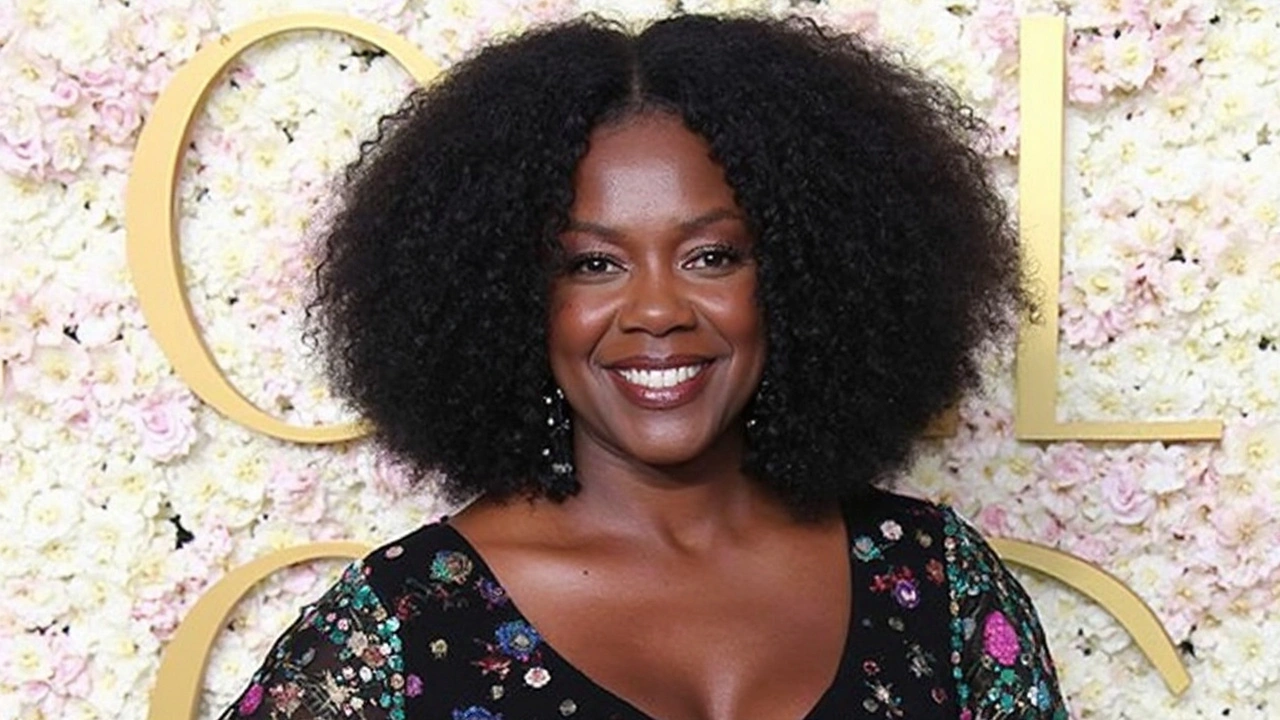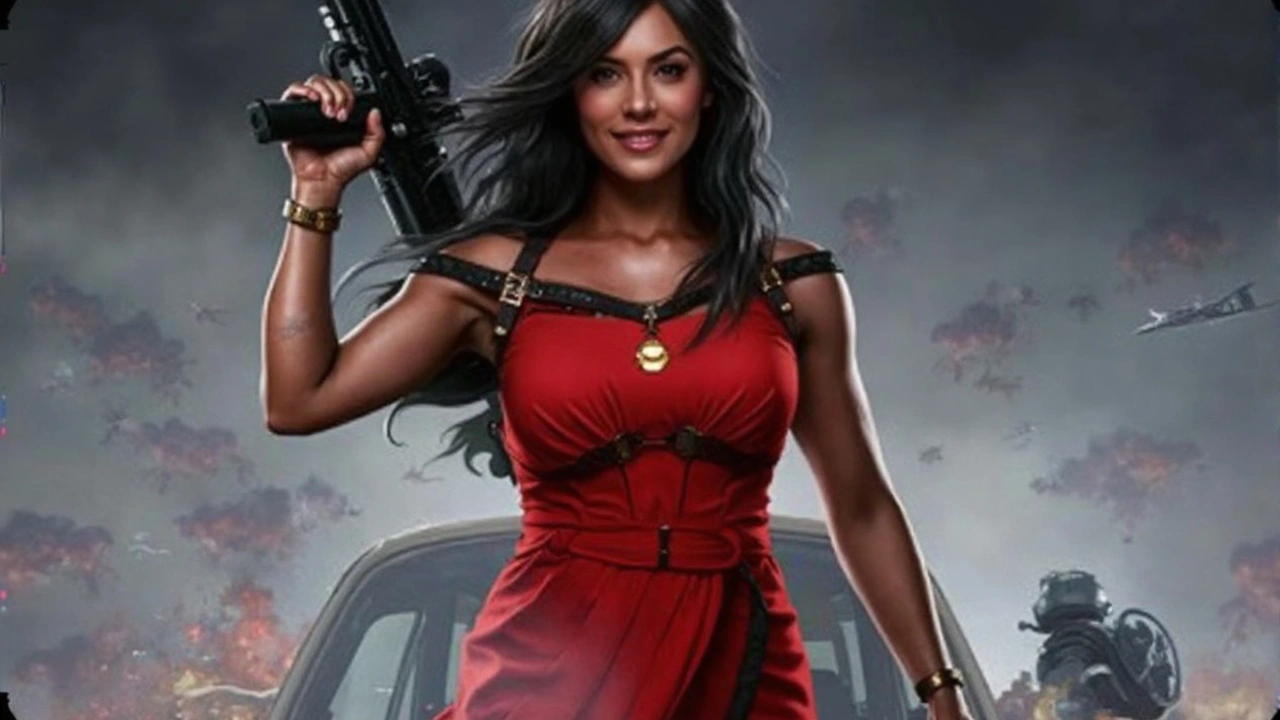Viola Davis as a Heroic President in 'G20'
In the world of Hollywood, movies often serve as a reflection of society or transport us to realms that remain largely fantastical. Viola Davis' latest venture in the action-packed thriller G20 touches both, with a strong dose of fantasy wrapped around the notion of American presidential heroism. Davis portrays President Danielle Sutton, a former war hero thrust into an unprecedented scenario at the G20 summit in Cape Town.
The plot thickens as a rogue agent, Rutledge, played by Antony Starr, manipulates deep-fake technology to unsettle global markets while holding the summit's leaders hostage. Davis' President Sutton must draw on her military training and unyielding resolve to protect her family, which includes her husband Derek (played by Anthony Anderson) and her tech-savvy daughter Serena (Marsai Martin), amidst this high-stakes drama.

Action and Political Undertones
Although G20 sets the stage for riveting action and political intricacies, critics argue that the film gets bogged down in outdated action movie tropes. One can't help but notice the cliches reminiscent of '90s action flicks—a protagonist swapping heels for sneakers mid-crisis, and a teenager assuming the brilliant hacker role. Even with Ms. Davis' ability to command attention on screen, the movie's action sequences feel inconsistent, and the narrative struggles to maintain cohesion.
Adding to these critiques is the film's low-budget ambiance, with lackluster fight choreography and story arcs that seem to go nowhere. Characters like the Vice President, played by Clark Gregg, and Douglas Hodge's skeptical British Prime Minister are underexplored, leaving audiences yearning for more depth in these relationships.
Attempting to weave in contemporary social commentary, G20 touches upon the impact of cryptocurrency on global inequality and the uncertainties of political accountability. However, these serious themes are eclipsed by action-focused scenes that prioritize fast-paced sequences over meaningful dialogue. The movie's central theme of a lone hero prevailing aligns with traditional depictions of heroism but feels at odds with current criticisms of political leadership.
While Ms. Davis shines as the courageous President Sutton, wielding her physical prowess and undeniable presence, the film repeatedly prioritizes spectacle over narrative depth. In essence, G20 emerges as a traditional action story peppered with modern concerns but struggles to rise above a forgettable cinematic experience.


Ron Rementilla
Viola Davis brings gravitas to the role of President Sutton, making the high‑octane set‑pieces feel rooted in genuine authority. The film’s premise of a deep‑fake crisis taps into real‑world anxieties about information warfare. However, the script leans heavily on tired action clichés that undercut the potential for political nuance. The supporting cast, especially the tech‑savvy daughter, gets brief but effective moments to showcase competence. Overall, the movie tries to balance spectacle with commentary but lands unevenly.